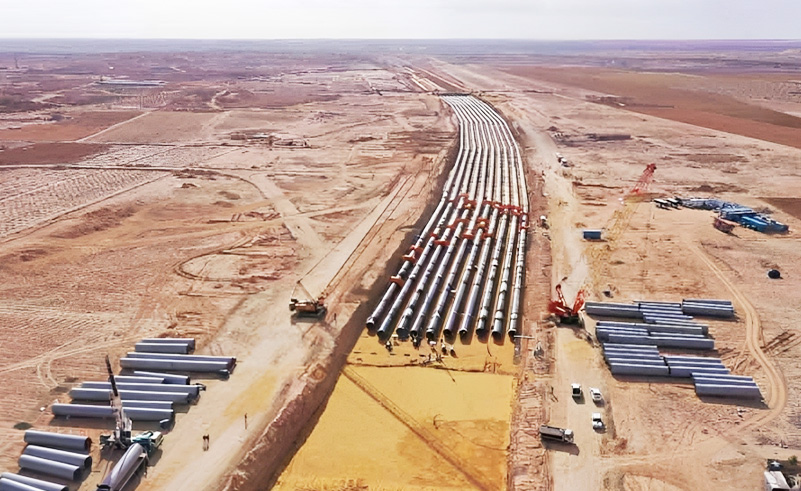
Deniz Ünver
Independent Researcher
The Egyptian government declared that the country is planning to build a 114 km long artificial river[1] in the northwest of the country. The artificial river, or the New Delta project, which will be parallel to the Nile River, costs 5.2 billion dollars[2]. As informed by the government officials, there will be three channels of the planned artificial river. According to Abbas Sharaky, Professor of Water Resources and Irrigation, the first channel of the artificial river, which will be 42 km long, will carry 10 million cubic meters of water[3]. This will enable to irrigate about 600,000 acres. In addition to this, the second channel, which will be 170 km long, will provide the irrigation of 800,000 acres of land.[4]. Thus, the third channel, which will be 12 km long, will win 64,000 acres of land for irrigation[5]. The main aim of the project is to increase the area for wheat cultivation in Egypt since the country is the most significant importer of wheat.
In this context, it is expected that the New Delta Project will bring several benefits to Egypt. First of all, the artificial river will provide expanding agricultural land and decrease the level of dependence on food and wheat imports, according to the Egyptian authorities[6]. In this way, the artificial river will contribute to the food security of the country as well as decrease the import levels. Accordingly, the New Delta project will benefit Egypt by providing high-quality agricultural products, as Egypt’s State Information Service Website emphasized[7]. Furthermore, it is expected that the artificial river, which will be built close to airports and ports, will increase employment levels in the country.
Despite the possible benefits, the New Delta project was criticized by many Egyptians. The main point of the criticisms towards this project is whether it is the right time to build such a mega project due to the deteriorated financial situation of the country. It is known that Cairo borrowed 3 billion dollars of loans from the IMF last March due to its financial difficulties, such as the rising inflation and the fall of its currency. Besides, the country owed more than 52 billion dollars of loans from various multilateral institutions, as the 2022 Central Bank Report of Egypt declared[8].
It is noteworthy that the war in Ukraine had negative consequences on wheat prices, and Egypt was affected by this as it is among the world’s biggest wheat importers. Indeed, Russia and Ukraine supplied 80 per cent of Egypt’s wheat imports in 2021[9]. Within this context, the Egyptian government plans to restore food autonomy by decreasing the independence of wheat to Russia and Ukraine through the New Delta Project.
Moreover, even before the war in Ukraine, Egypt has had water issues with other countries in the MENA region. It is known that the Nile River, which has 11 riparian countries, is crucial for Egypt as the country is dependent on it for survival. As a matter of fact, 90 per cent of the population in Egypt is dependent on the Nile for survival.[10]. However, it is anticipated that Egyptians may suffer from water scarcity over the next two years.[11]. The country has been in a water deficit since the beginning of 2023[12]. Even the country’s President stressed that the water resources of the Nile would not be able to be enough for the growing population of Egypt[13]. Thus, the country may run out of water by 2025, according to the UNICEF officials[14]. Several reasons, such as climate change, population growth and a fight for water resources, contribute to the water scarcity in the Nile River[15]. This means that agricultural production in Egypt will suffer more in case of the realization of those scenarios.
It is worth mentioning that the water sharing of the Nile has become a reason for conflict among the riparian countries. In 2019, Ethiopia and Egypt were almost about to engage in a war due to the Nile dam, which Ethiopia put forward. Back then, Addis Ababa was building the Grand Ethiopian Renaissance Dam (GERD), whose construction was planned in the 1960s and started in 2011[16]. The GERD, which was worth 4 billion dollars[17], was planned to be built on the Blue Nile, which is one of the main tributaries of the Nile. The primary motivation of the project was to contribute to the electricity needs of Ethiopia. Nevertheless, Egypt, which has had worries about water scarcity, is vehemently opposed to the GERD due to the fear that the proposed dam could stem the flow of the Nile. The negotiations between Ethiopia and Egypt have continued for months. However, the two countries failed to reach a consensus on the GERD. It was even feared that Egypt and Ethiopia might engage in war after the Ethiopian Prime Minister declared that Ethiopia should be ready to engage in war with Egypt, according to the Associated Press.[18]. However, the GERD was completed despite the tensions surrounding the two countries.
In conclusion, in view of the water scarcity, it can be said that the New Delta Project will could several benefits to Egypt. Ensuring food security, decreasing wheat import, and rising employment levels are benefits of the New Delta Project. Despite the criticisms, the New Delta Project may contribute positively to the country’s soaring economy by decreasing dependence on wheat imports. Thus, the artificial river is crucial for Cairo as the country is located in a place where water scarcity and dispute over water, or more specifically, water resources of the Nile River, occur.
*Photograph: https://scenenow.com/Buzz/World-s-Largest-Man-made-River-Will-Cultivate-Egypt-s-Western-Desert
[1] ¨Egypt plans to build world’s longest artificial river¨, Arabian Business, April 24, 2023, https://www.arabianbusiness.com/industries/construction/egypt-plans-to-build-worlds-longest-artificial-river-bigger-than-the-nile-report
[2] ¨Egypt building artificial river parallel to the Nile for $5.2bn¨, Middle East Monitor, July 11, 2023, https://www.middleeastmonitor.com/20230711-egypt-building-artificial-river-parallel-to-the-nile-for-5-2bn/
[3] ¨Egypt constructs $5bn artificial river parallel to River Nile¨, The New Times, November 5, 2023, http://https://www.newtimes.co.rw/article/8905/news/environment/egypt-constructs-5bn-artificial-river-parallel-to-river-nile
[4] Ibid.
[5] Ibid.
[6] ¨Egypt building artificial river parallel to the Nile for $5.2bn¨, Middle East Monitor, July 11, 2023.
[7] ¨Egypt plans to build world’s longest artificial river¨, Arabian Business, April 24, 2023,
[8] Ibid.
[9] ¨Egypt building artificial river parallel to the Nile for $5.2bn¨, Middle East Monitor, July 11, 2023,
[10] Dara Elafsar, ¨' No other alternative': Egypt worries as climate change, dam project threatens Nile water supply¨, ABC News, April 19, 2023, https://abcnews.go.com/US/alternative-egypt-worries-climate-change-dam-project-threaten/story?id=98481819
[11] Ibid.
[12] Ibid.
[13] Nadeen Ebrahim, ¨Egypt faces an acute water crisis, but it is still building a ‘Green River’ in the desert¨, CNN, November 8, 2022, https://edition.cnn.com/2022/11/08/middleeast/egypt-water-scarcity-climate-cop27-intl-cmd/index.html
[14] ¨Egypt building artificial river parallel to the Nile for $5.2bn¨, Middle East Monitor, July 11, 2023,
[15] Dara Elafsar, ¨' No other alternative': Egypt worries as climate change, dam project threatens Nile water supply¨, ABC News.
[16] Ayenat Mersin, ¨ The Ethiopian-Egyptian Water War Has Begun¨, Foreign Affairs, September 22, 2020, https://foreignpolicy.com/2020/09/22/the-ethiopian-egyptian-water-war-has-begun/
[17] Mohammed Amin, ¨ Nile dam spurs fears of Egypt-Ethiopia 'water war’¨, Anadolu Agency, October 31, 2019, https://www.aa.com.tr/en/africa/nile-dam-spurs-fears-of-egypt-ethiopia-water-war/1630981
[18] Dara Elafsar, ¨' No other alternative': Egypt worries as climate change, dam project threatens Nile water supply¨, ABC News.
© 2009-2025 Avrasya İncelemeleri Merkezi (AVİM) Tüm Hakları Saklıdır
Henüz Yorum Yapılmamış.
-
 AVRUPA'DA ENERJİ KRİZİ VE TÜRKMEN GAZI: SORUN MU, ÇÖZÜM MÜ? - 09.01.2023
AVRUPA'DA ENERJİ KRİZİ VE TÜRKMEN GAZI: SORUN MU, ÇÖZÜM MÜ? - 09.01.2023
Deniz ÜNVER 09.01.2023 -
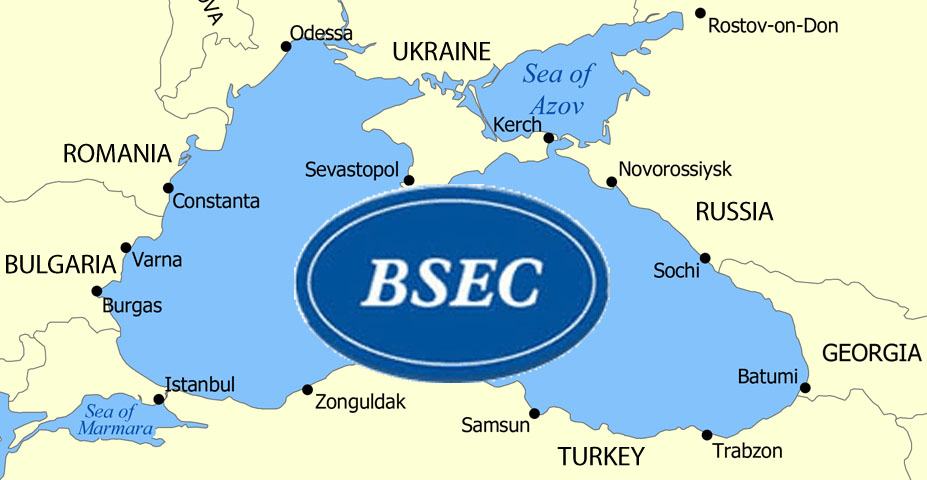 ABD VE RUSYA ARASINDAKİ İNSANSIZ HAVA ARACI ANLAŞMAZLIĞI BAĞLAMINDA KARADENİZ EKONOMİK İŞ BİRLİĞİ VE KARADENİZ’DE GÜVENLİK - 27.03.2032
ABD VE RUSYA ARASINDAKİ İNSANSIZ HAVA ARACI ANLAŞMAZLIĞI BAĞLAMINDA KARADENİZ EKONOMİK İŞ BİRLİĞİ VE KARADENİZ’DE GÜVENLİK - 27.03.2032
Deniz ÜNVER 28.03.2023 -
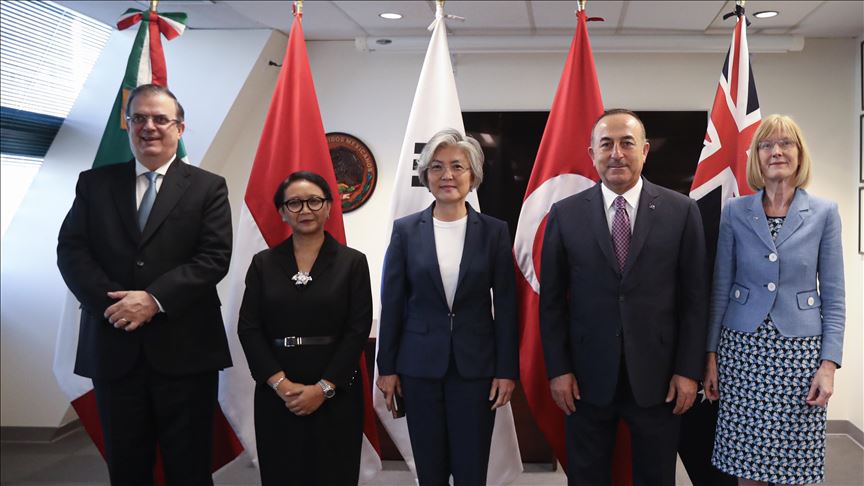 MULTILATERALISM REVISITED: TURKEY AND ITS TERM PRESIDENCY IN MIKTA - 05.04.2022
MULTILATERALISM REVISITED: TURKEY AND ITS TERM PRESIDENCY IN MIKTA - 05.04.2022
Deniz ÜNVER 06.04.2022 -
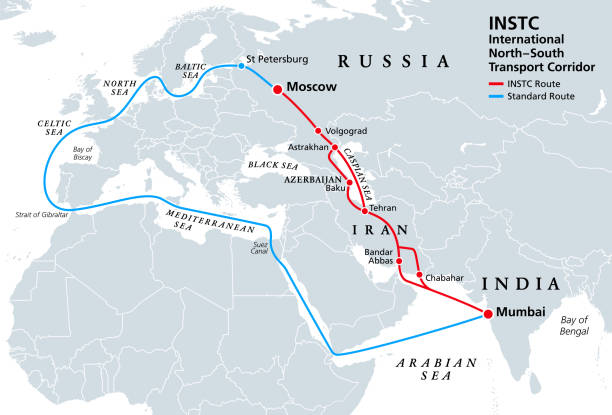 INTERNATIONAL NORTH-SOUTH TRANSIT CORRIDOR (INSTC) - 06.07.2023
INTERNATIONAL NORTH-SOUTH TRANSIT CORRIDOR (INSTC) - 06.07.2023
Deniz ÜNVER 06.07.2023 -
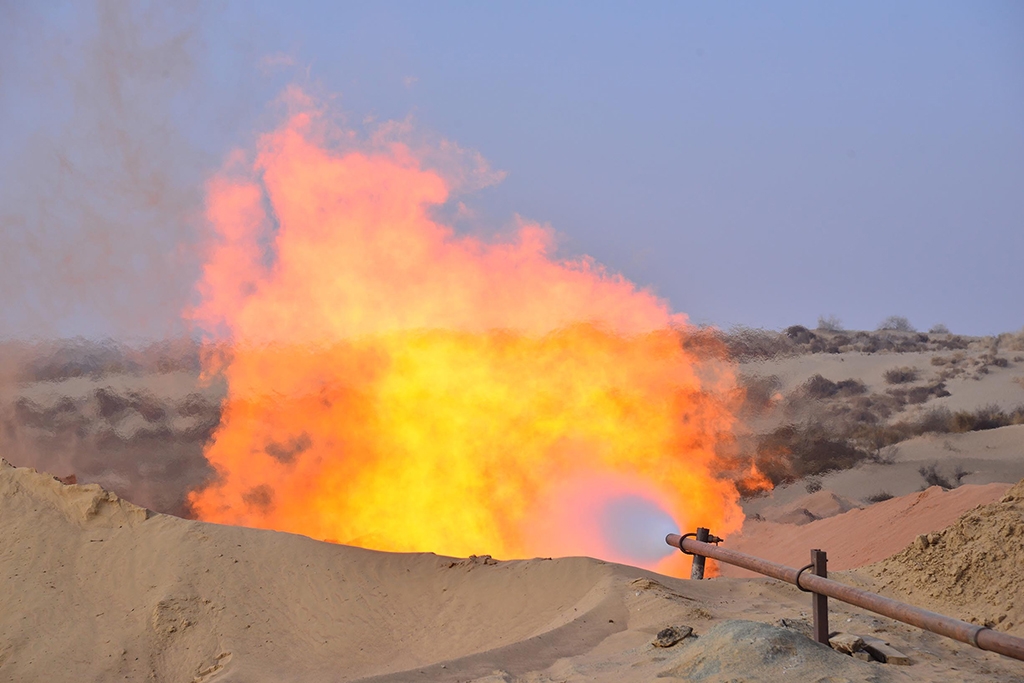 AVRUPA’NIN ENERJİ KRİZİ VE TÜRKMEN GAZI - 17.03.2023
AVRUPA’NIN ENERJİ KRİZİ VE TÜRKMEN GAZI - 17.03.2023
Deniz ÜNVER 17.03.2023
-
 INVENTORY ACTION THAT WILL BE CONDUCTED IN VAROSHA IN THE TURKISH REPUBLIC OF NORTHERN CYPRUS
INVENTORY ACTION THAT WILL BE CONDUCTED IN VAROSHA IN THE TURKISH REPUBLIC OF NORTHERN CYPRUS
AVİM 09.07.2019 -
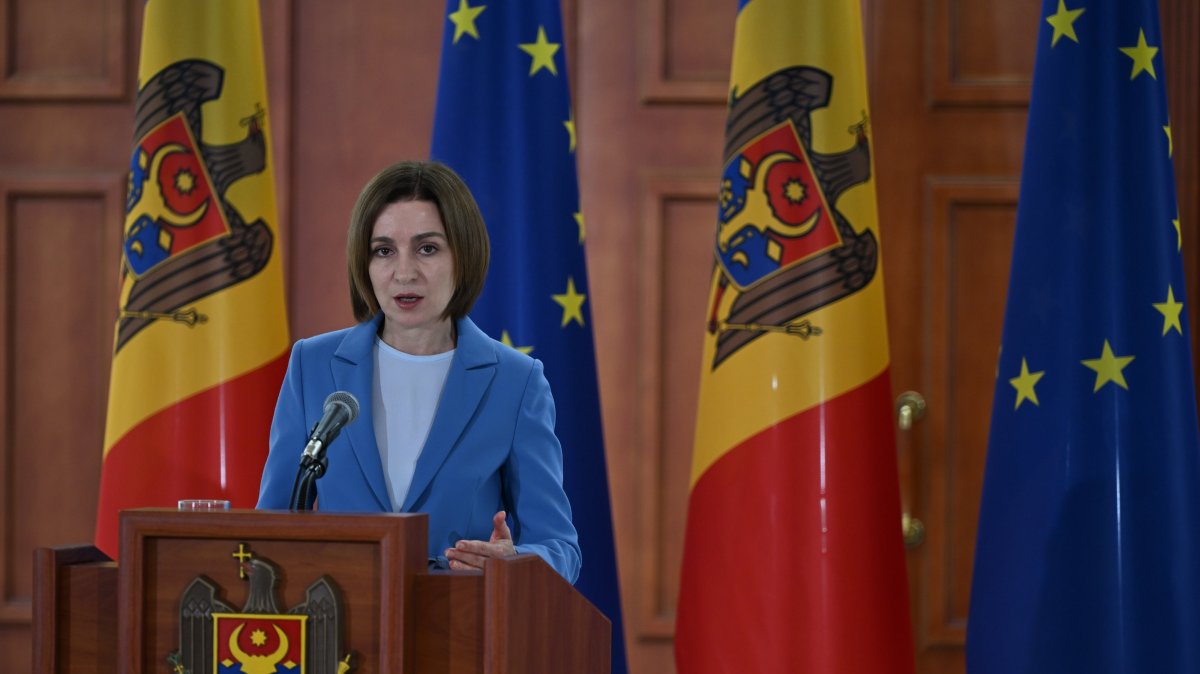 MOLDOVAN ELECTIONS IN SHADOW OF RUSSIA-WEST RIVALRY - DAILY SABAH - 28.10.2025
MOLDOVAN ELECTIONS IN SHADOW OF RUSSIA-WEST RIVALRY - DAILY SABAH - 28.10.2025
Hazel ÇAĞAN ELBİR 30.10.2025 -
 HATE CRIME REARS ITS UGLY HEAD AGAIN IN GREECE - HÜRRİYET DAILY NEWS - 09.06.2018
HATE CRIME REARS ITS UGLY HEAD AGAIN IN GREECE - HÜRRİYET DAILY NEWS - 09.06.2018
Teoman Ertuğrul TULUN 12.06.2018 -
 REGIONAL COMPREHENSIVE ECONOMIC PARTNERSHIP (RCEP): A FURTHER EXPLANATION - 10.02.2022
REGIONAL COMPREHENSIVE ECONOMIC PARTNERSHIP (RCEP): A FURTHER EXPLANATION - 10.02.2022
Deniz ÜNVER 10.02.2022 -
 A ‘BLINK’ MOMENT OF THE RUSSIA-UKRAINE WAR - 15.10.2025
A ‘BLINK’ MOMENT OF THE RUSSIA-UKRAINE WAR - 15.10.2025
Jakub KOREJBA 15.10.2025


